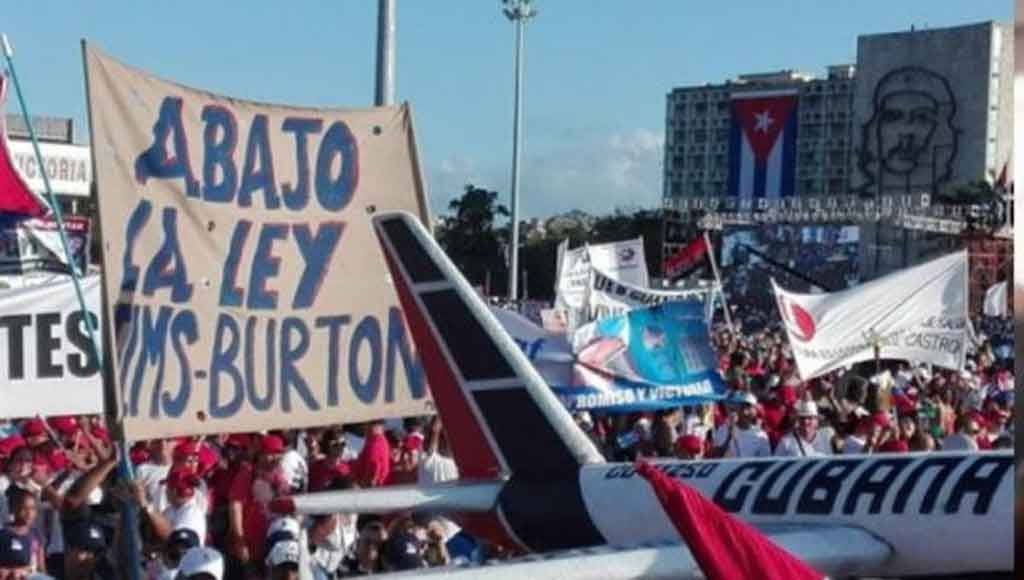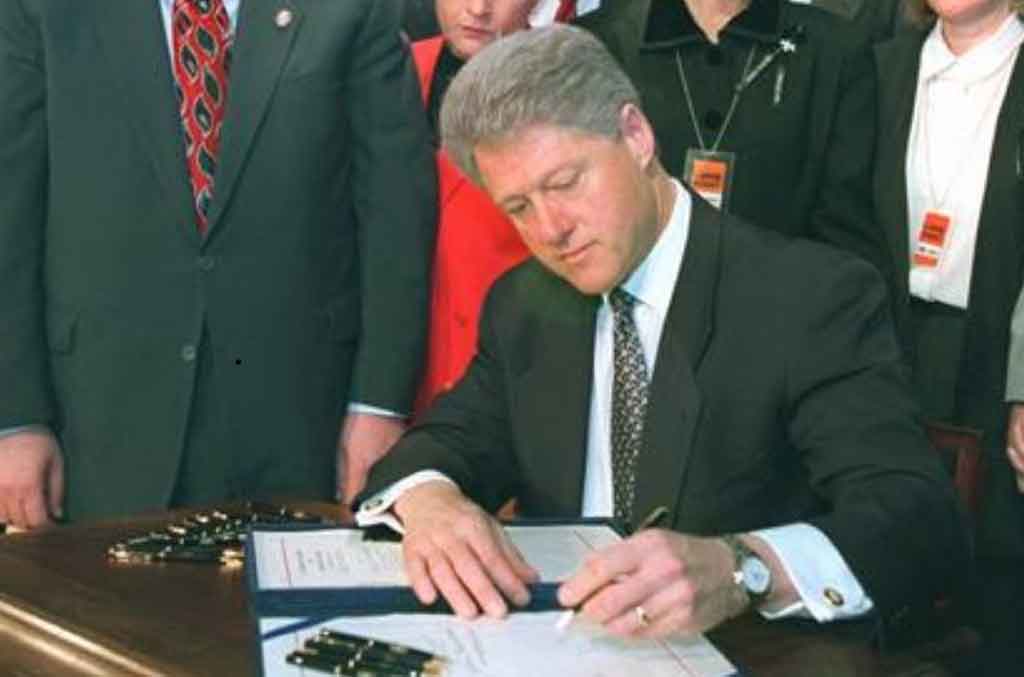Rodriguez stressed in his account on X that the criminal punishment imposed by that legislation on Cuban families violates Human Rights and International Law, and also evidences the failure of the U.S. policy towards the Revolution.
The Helms-Burton Act typifies limitations on trade, transactions, travel to and from the national territory, as well as restrictions on the purchase and sale of properties in which Cuba or its citizens have an interest.
With its enactment, it eliminated the unilateral possibility of lifting the blockade on the island and established that it would remain in force until there is in Cuba, what Washington calls a transitional government certified by themselves.

The third and fourth sections of the Helms-Burton Act remained inactive until 2019, when President Donald Trump authorized its implementation, to make the normalization of relations between Cuba and the United States impossible.
According to specialists, the Helms-Burton Act constitutes, together with the Torricelli Act (signed in 1992), an enormous obstacle to a stable, institutionalized, lasting and irreversible relationship between both peoples.
They are also a violation of the principles of sovereign equality and non-intervention in the internal affairs of a State, which are mandatory norms under international law.
jrr/arm/mem/mk










